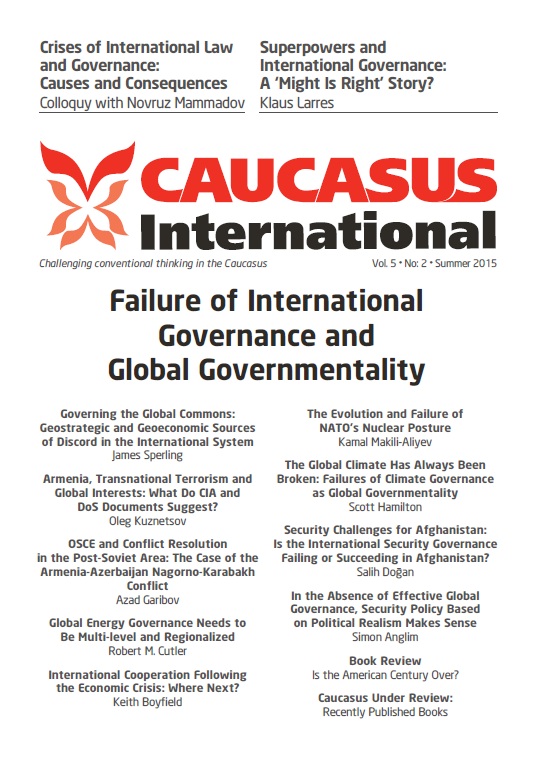In the Absence of Effective Global Governance, Security Policy Based on Political Realism Makes Sense
To political realists, the world is a dangerous place, anarchic and without any central body to enforce international law or any universal system of morality. Consequently, states cannot trust each other, and have a duty towards their citizens to maximise their power in order to ensure their protection. A political leader may have a strong sense of personal morality, but this must be put aside in the face of possible threats to the safety and welfare of the people who have entrusted him/her with high office. Other forms of guaranteeing state and international security, for instance through collective security, are contingent on trust and optimistic interpretations of human nature. Consequently they have flaws and loopholes where realism does not, and the current emphasis on liberal intervention could be making the world less stable, and therefore less secure.
Latest news
- 03/17/2020 Call for Submission: “Non-Alignment Movement and Its Perspective in International Affairs”. Deadline: 1 July 2020 2625 views
Popular articles
- 02/24/2020 The Role of Irredentism in Russia’s Foreign Policy 2536 views
- 02/24/2020 Construction of sub-national identity vis-à-vis parent state: Gagauz case in Moldova 2218 views
- 02/24/2020 The Conflict in Ukraine - The Geopolitics of Separatism and Divergent Identities (Commentary) 2072 views
- 02/24/2020 The Role of the Soviet Past in Contemporary Georgia 2044 views





